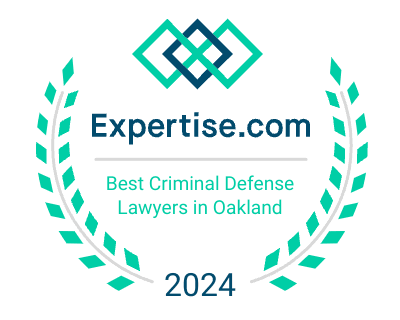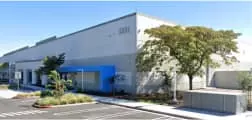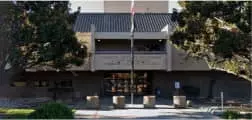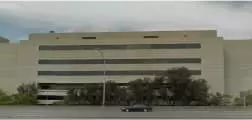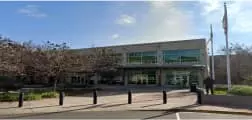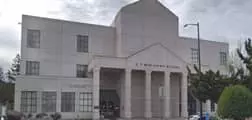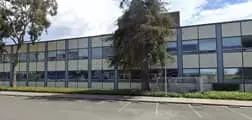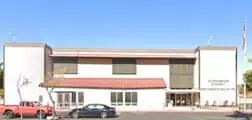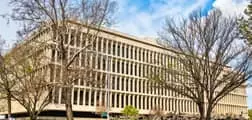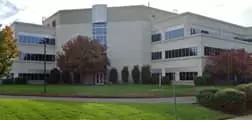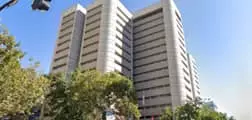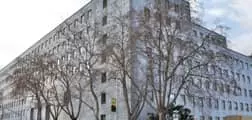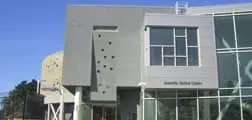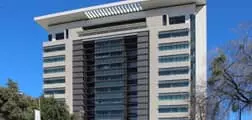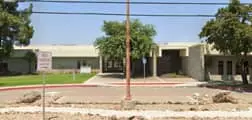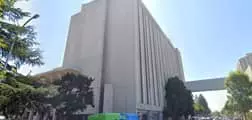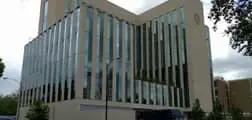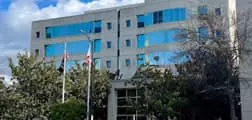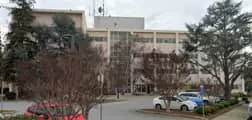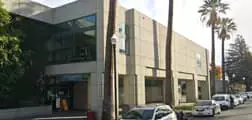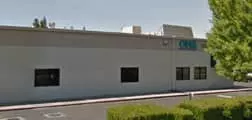Drug Crimes Trial Process in Alameda
Your case may involve complex motions and evidence disputes. A defense lawyer can review how the charges were filed and suppress evidence that violates your rights.
Where a drug case is heard depends on whether you have been charged with a misdemeanor or felony. If you have been charged with a felony, then your case is likely to be heard in the Rene C. Davidson courthouse in Oakland or at the East County Hall of Justice in Dublin. If you were charged with a misdemeanor, the case will likely be heard at the Wiley Manuel courthouse in Oakland or the Fremont Hall of Justice. East County misdemeanors are heard at the East County Hall of Justice.
Sometimes, if courtrooms aren’t available at one courthouse for trial or preliminary hearing, they may be sent to another department in a different courthouse so the matter can be tried in a timely fashion. Courts are often balancing the severity of the case, time waivers, and the availability of courtrooms in order to get a case heard for trial or preliminary hearing.
While the majority of cases do not go to trial, those that do are usually heard by a jury. It is rare that the accused will waive jury trial in lieu of a trial by judge – but it is possible. This is called a “bench trial” which means that only a single person, the judge, is decided whether the individual is guilty or innocent rather than a jury comprised of members of the community.
If you are facing criminal charges involving a controlled substance, it is important to enlist the services of a skilled attorney familiar with the drug crimes trial process in Alameda.
How Long Do Drug Cases Take in Alameda County?
The length of time a drug trial could take depends on the nature of the crime. Felony cases are generally longer than misdemeanor cases because there is the additional preliminary hearing, which is the probable cause hearing that happens before he or she ever goes to trial.
There might also be pre-trial motions that need to be litigated. If a person is facing a misdemeanor charge, such as possession for personal use, even if there is not a preliminary hearing, there might still be pre-trial motions that his or her attorney is recommending that they litigate.
Additionally, some defendants may choose to accept a plea deal, which tends to expedite the process but it is still important to explore the weaknesses in the case and litigate appropriate motions so that the best pretrial resolution can be reached.
The length of an actual jury trial ultimately depends on the severity of the case, the number of witnesses, whether there is expert testimony, and the amount of evidence being introduced. For instance, a drug trafficking case with voluminous data like cell phone pings, electronic intercepts, jail calls, and surveillance will likely take longer than a simple possession case that was the result of a probation search.
Burden of Proof of the Prosecution
The burden of proof of the prosecution depends entirely on what type of drug crime a defendant is charged with. For example, if someone is charged with personal possession, then the prosecution has to prove that he or she possessed the drugs knowingly, and had a usable amount. A usable amount is any amount of illegal drugs that the defendant was personally possessing, meaning that they are on his or her person or he or she has immediate access or control over it.
If a defendant is facing a drug possession for sale, the prosecution is going to have to prove that the amount that he or she possessed was for sales rather than personal use. For example, several pounds of a controlled substance would indicate sale compared to a few ounces for personal use. Other indicators that somebody is engaging in sales, might include digital scales, packaging materials, logs between drug distributors and consumers concerning how much is being purchase and when, and cell phone records.
The prosecution is also tasked with confirming the identity of the controlled substance. If the prosecution does not prove that the “drug” is actually a “drug” then they cannot prevail. For example, if police seize pounds of alleged marijuana from a vehicle and test results reveal it was Oregano – no crime has occurred even if the person who possessed it thought they were transporting marijuana or intended to pass it off as marijuana.
Constitutional Issues in Drug Trials
The biggest constitutional issue that comes up in Alameda drug trials is violation of the fourth amendment. For instance, if illegal substances were discovered following execution of a search warrant, then the issue would be whether there was probable cause to get that search warrant, if the officer misrepresented any facts in the affidavit, or – if a confidential informant was used – whether that informant was reliable.
In such a case, a local defense attorney would file something called a motion to quash or a motion to traverse the search warrant. He or she might also file something called a motion to reveal a confidential informants identity. Often confidential informants are used in order to generate probable cause for search warrants.
Another issue that might come up is part of a search warrant affidavit might be sealed, so an Alameda County defense lawyer might be seeking disclosure about the sealed portion. These are all issues related to the Fourth Amendment in §1538.5 of the California Penal Code.
If there is no search warrant, then constitutional issues involving the Fourth Amendment issues would include whether a defendant consented to a search, whether there was an exception to the warrant requirement, and whether the police exceeded the scope of the search. If a defense attorney finds a legal issue regarding search and seizure the attorney should make a motion to suppress the evidence. Oftentimes, if the motion is granted – the prosecution’s case weakens to a point that the offer changes significantly or the case gets dismissed.
- Alameda
- Albany
- Ashland
- Berkeley
- Castro Valley
- Cherryland
- Dublin
- Emeryville
- Fairview
- Fremont
- Hayward
- Kensington
- Livermore
- Newark
- Oakland
- Piedmont
- Pleasanton
- San Leandro
- San Lorenzo
- Sunol
- Union City
- Brookshire
- Canyon
- Mulford Gardens
- Russell City
- Eastmont
- Maxwell Park
- Rockridge
- Fruitvale
- Sorenson
- 94501
- 94502
- 94536
- 94538
- 94539
- 94541
- 94542
- 94544
- 94545
- 94546
- 94550
- 94551
- 94552
- 94555
- 94560
- 94566
- 94568
- 94577
- 94578
- 94579
- 94580
- 94586
- 94601
- 94602
- 94603
- 94605
- 94606
- 94607
- 94608
- 94609
Discuss the Drug Crimes Trial Process with an Alameda County Attorney
To be successful in a criminal trial after being charged with a drug crime, it is highly important to work with an experienced attorney from the area. A local lawyer who is familiar with the drug crimes trial process in Alameda could help you avoid compromising your case and ensure your rights are being protected. To learn more about how an attorney could help, call our office today and schedule a free case consultation.
Criminal Case Resources for Drug Trials in Alameda County

- 661 Washington St, Oakland, CA 94607
- (510) 627-4701
- Mon–Fri: 8:30 AM – 2:30 PM

- 5325 Broder Blvd, Dublin, CA 94568
- (925) 551-6500
- Open 24 hours

- 455 7th St, Oakland, CA 94607
- (510) 238-3021
- Mon–Fri: 8:00 AM – 3:00 PM



